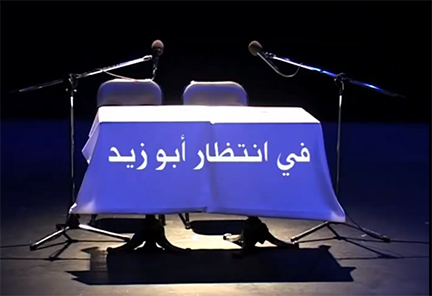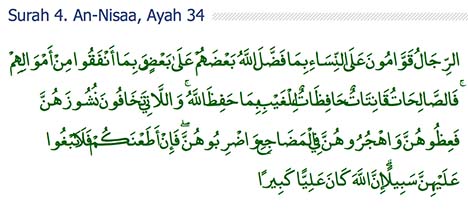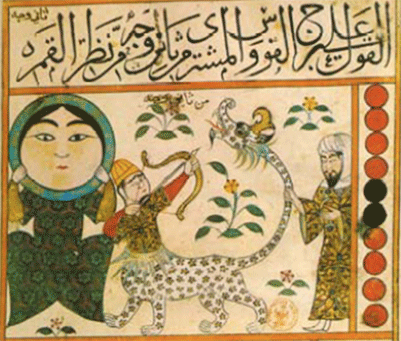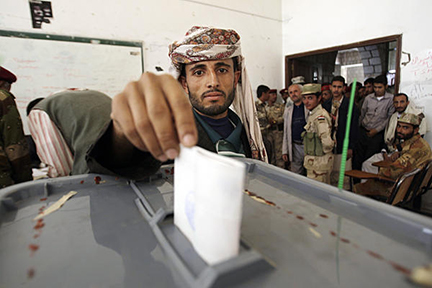
For International Women’s Day, it is important to reflect on issues that are of significant impact on women around the world. Let’s start with a beginning, the Genesis one. The original creation story familiar to Judaism, Christianity and Islam starts out with man alone. Not only is the first man not like other animals, which he has no problem naming, but he has no family: no nurturing mother, no moral father, no brothers or sisters. He was formed as a lump of clay with breath and a spirit connection to the divine. Even the presence of God, his creator father figure, was not enough for this lonely man. Surely this garden paradise was hell for the man alone.
So God put Adam to sleep, extracted a rib and fashioned a woman to be his mate. But again this was still a fool’s paradise with no other human beings around the first pair. No doubt it was less boring, but there seem to have been few challenges for the couple, since everything they needed (except clothes which were not yet fashioned) were at hand. Yes, they had each other, but apparently only as a brother and sister might. Until that fruitful day when Eve bit into the knowledge of good and evil, it must have been boring beyond belief. Disobedience by the pair, something quite normal for all children who could hardly know better, led to a disaster for the first couple, their children and all children ever after. So the story goes. Hell would now shift from the lonely boredom of Paradise to the sweat and blood reality of a world where both had to work for a living.
The gender gap, foretold in the curses on Adam and Eve, has many variants, but the vast majority of societies give the male precedence. Post Eden became a man’s world, where brother kills brother and the line of begats is male to a fault. One assumes all this begetting involved sex, but the opening chapters of Genesis are strangely silent about sex. One can understand the desire not to draw attention to the original incest, but one wonders about the libido of these descendants of Adam and Eve. By the time of Noah sex is a serious issue, one in which the “sons of God” saw that the “daughters of men” were “fair”, at least in the sense of fair game. So when we are told “And God saw that the wickedness of man was great in the earth, and that every imagination of the thoughts of his heart was only evil continually” (Genesis 6:5), we have finally arrived at and beyond what might be called the gender gape. Continue reading Rape and the Gender Gape →







